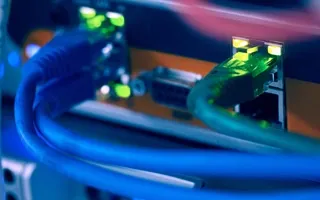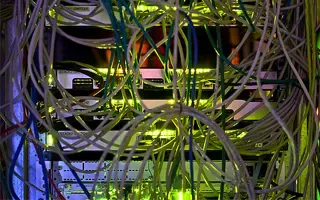Network Fundamentals: Top Picks
Network Fundamentals
Introduction To Networking
A network is simply a group of two or more Personal Computers linked together. Many types of networks exist, but the most common types of networks ar…
Network Fundamentals
Network Broadcast
The term "Broadcast" is used very frequently in the networking world . You will see it in most networking books and articles, or see it happening on…
Network Fundamentals
Securing Your Home Network
In today's world, securing your home network is more important than ever. With the increasing number of cyberattacks, data breaches, and online fraud…
Network Fundamentals
Need for Speed – The Data Tsunami & Advancements…
A long-long time ago (not long ago in earth time) 100 Mbps was THE technology. 100 Mbps uplinks bundled with ether-channel was the ultimate uplink te…
Featured Subcategories:
Netflow Articles:
Netflow
Complete Guide to Netflow: How Netflow & its Comp…
This article will cover the basics of Netflow, including its use cases, Netflow supported devices, Netflow history, and variants. We’ll also dive int…
Netflow
NetFlow Analyzer: Free Download, Step-by-Step Ins…
In our previous article we explained how a Netflow Analyzer can help you gain visibility into your user traffic, application traffic and data flows w…
Netflow
Netflow vs SNMP. Two Different Approaches to Netw…
SNMP (Simple Network Management Protocol) and Netflow are both popular protocols with admins, prized for their ability to give visibility over the ne…
Netflow
Netflow: Monitor Bandwidth & Network Utilization…
Monitoring network traffic & bandwidth usage via Netflow is mandatory for any type and size network. Gaining visibility into user traffic, applic…
Network Protocols:
Domain Name System (DNS)
The DNS Protocol - Part 2: DNS Queries & Resoluti…
This section will help you understand how the DNS queries work on the Internet and your home network. There are two ways to use the domain name syste…
Subnetting
IP Subnetting - Part 3: Subnet Mask Bits & Analys…
So we have covered to some depth the subnetting topic, but there is still much to learn ! We are going to explain here the available subnet masks and…
TCP - UDP Protocol Analysis
Transmission Control Protocol - Part 4: In-Depth…
This article is an introduction to the 7-page TCP Header analysis section that follows. We briefly view each section of the TCP Header and then move…
TCP - UDP Protocol Analysis
TCP Header Anaylsis - Section 6: TCP Options
The TCP Options (MSS, Window Scaling, Selective Acknowledgements, Timestamps, Nop) are located at the end of the TCP Header which is also why they ar…
Supernetting & CIDR
What is Supernetting (Route Summarization) & How…
Supernetting is the opposite of of subnetting, and is also known as route aggregation or CIDR (Classless Inter-Domain Routing). Supernetting is a tec…
TCP - UDP Protocol Analysis
UDP Protocol - Header
This article covers the UDP protocol. We examine the structure of the UDP header, the protocols that use UDP as a transport plus a lot more.
Some co…
TCP - UDP Protocol Analysis
TCP Header Anaylsis - Section 1: TCP Source & Des…
This section contains one of the most well-known fields in the TCP header, the Source and Destination port numbers. These fields are used to specify…
IP Protocol
IP Protocol - Part 3: IP Classes, Network & Host…
This article explains the 'Network-ID' and 'Host-ID' concept found in IP addressing and subnetting. We analyse the structure of IP addresses and netw…
STP/ICMP Protocols:
ICMP Protocol
ICMP Protocol - Part 2: Echo / Echo Reply (Ping)…
As mentioned in the previous page, an Echo is simply what we networking engineers call a 'ping'. The Echo Reply is, as most would guess, the 'p…
ICMP Protocol
ICMP Protocol - Part 4: Destination Unreachable M…
The 'ICMP Destination unreachable' message is quite interesting, because it doesn't actually contain one message, but infact six! This means that the…
ICMP Protocol
ICMP Protocol - Part 5: Source Quench Message Ana…
The ICMP - Source Quench message is one that can be generated by either a gateway or host. You won't see any such message pop up on your workstation…
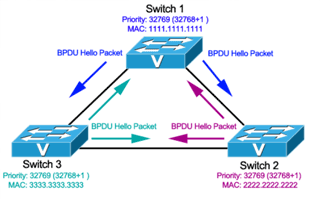
Spanning Tree Protocol (STP)
Spanning Tree Protocol – Part 3: Bridge ID, Prior…
In this article we will examine the Spanning Tree Bridge ID structure, explain why it has increments of 4096, how VLAN information is embedded (for P…
Wi-Fi Key Generator
Follow Firewall.cx
Cisco Password Crack
Decrypt Cisco Type-7 Passwords on the fly!
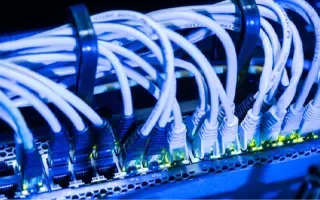
VLAN Networks
Dynamic VLANs
Dynamic VLANs were introduced to grant the flexibility and complexity(!) that Static VLANs did not provide. Dynamic VLANs are quite rare because of their…

VLAN Networks
VTP Introduction & Modes
The invention of VLANs was very much welcomed by all engineers and administrators, allowing them to extend, redesign and segment their existing network wi…
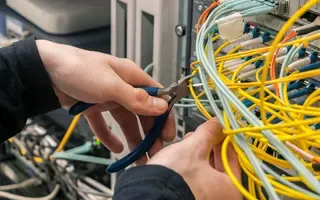
VLAN Networks
VTP Pruning
VTP (VLAN Trunking Protocol) pruning is a feature that is used in Cisco switches to reduce unnecessary traffic in VLAN (Virtual Local Area Network) trunks…

VLAN Networks
Comparing Traditional Flat & VLAN Networks
Designing and building a network is not a simple job. VLANs are no exception to this rule, in fact they require a more sophisticated approach because of t…
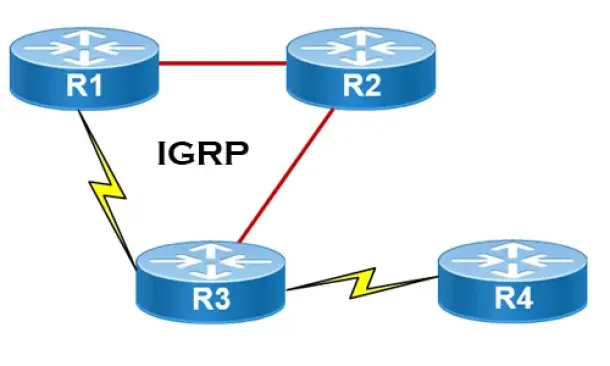
Routing
Interior Gateway Protocol - IGRP
IGRP (Interior Gateway Routing Protocol) is a Cisco proprietary distance-vector routing protocol used in enterprise networks to exchange routing informati…
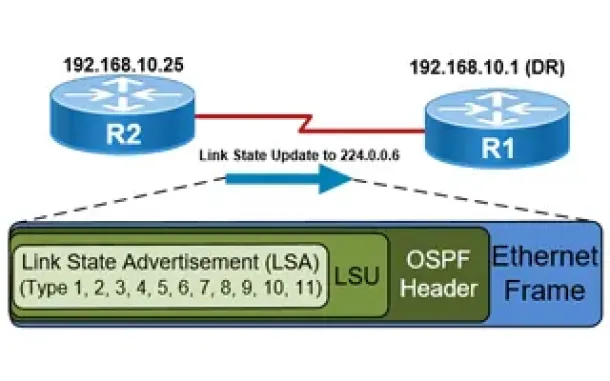
Routing
OSPF - Part 5: Analysis of OSPF Link State Update (LSU…
This article explains how OSPF uses Link State Advertisement (LSA) to exchange information about the network topology between routers. When a router recei…
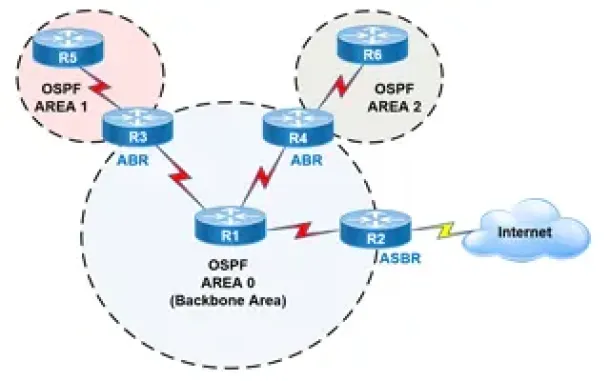
Routing
OSPF - Part 2: How OSPF Protocol Works & Basic Concept…
This article covers basic OSPF concepts and operation. We explain how OSPF works, how OSPF tables are built on an OSPF-enabled router and their purpose (N…
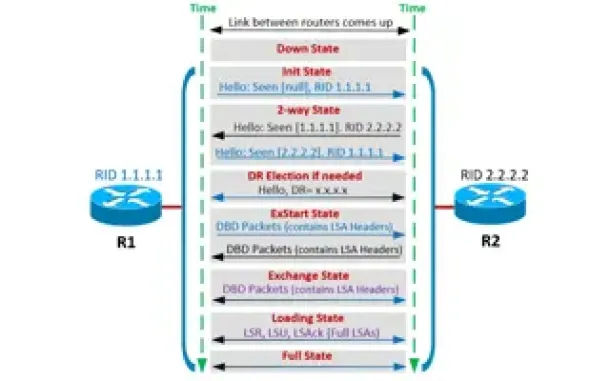
Routing
OSPF - Part 4: OSPF Neighbor States – OSPF Neighbor Fo…
This is the third article of our OSPF series which analyzes the different OSPF States routers go through during the OSPF discovery and neighbor forming pr…
Network Address Translation - NAT
Network Address Translation (NAT) Overload - Part 2
In our previous article, Network Address Translation (NAT) Overload - Part 1, we explained what NAT Overload is and how it works. This page deals with the…
Network Address Translation - NAT
Network Address Translation (NAT) Overload - Part 1
NAT Overload is the most common NAT method used throughout all networks that connect to the Internet. This is because of the way it functions and the limi…
Network Address Translation - NAT
The Network Address Translation Table
After that simple and informative introduction to the NAT concept, it's time to find out more about how it works and this is where the NAT table comes in…
Network Address Translation - NAT
Static NAT - Part 2
The previous page (Static NAT - Part 1) helped us understand what exactly happens with Static NAT and how it works, and we saw a few examples of how to us…







